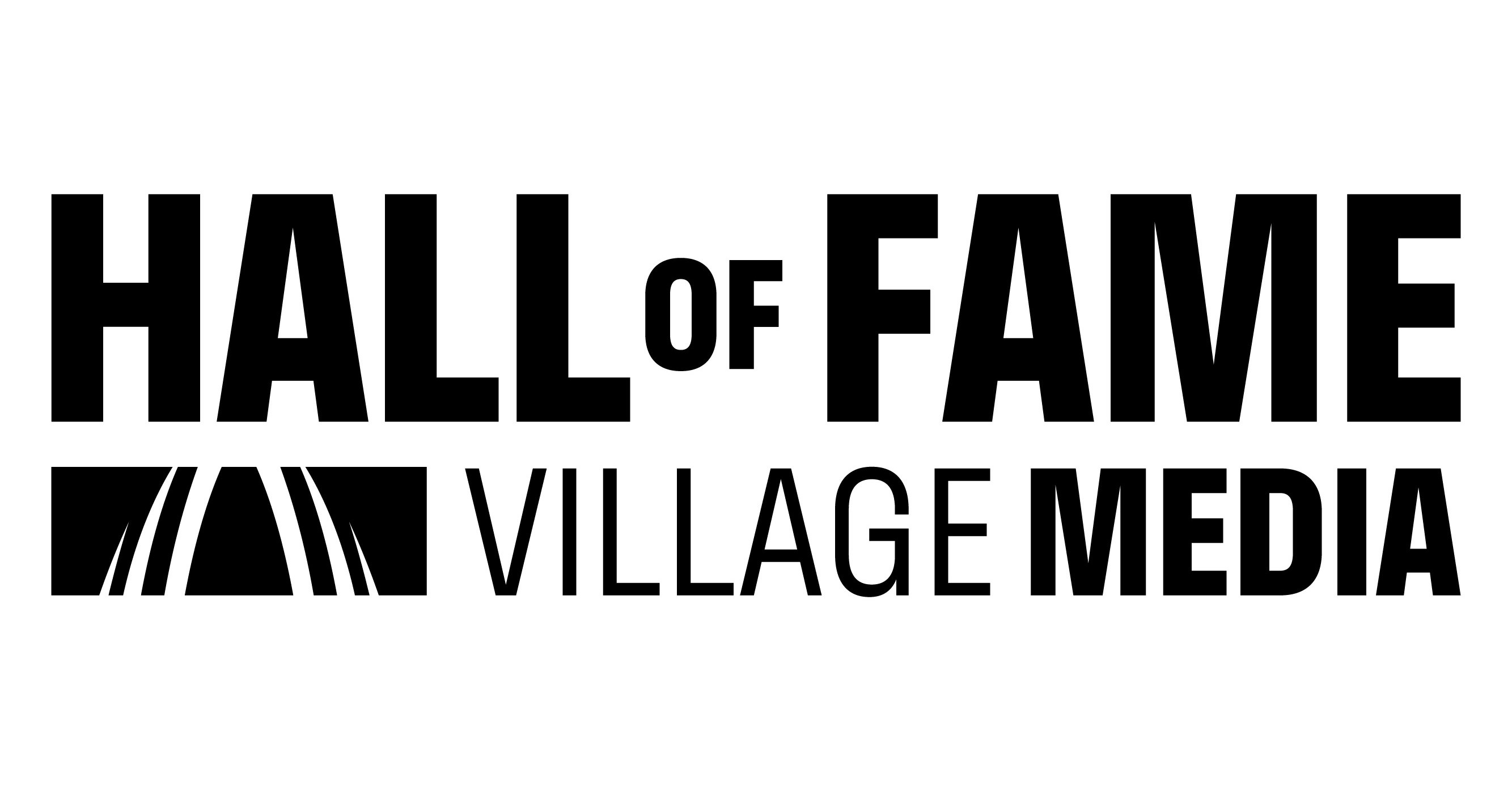Gen Z is already tired of endless back-and-forth of work emails.
Because Gen Z entered the workforce during the digital work era, many young workers are used to the ease of real-time messaging platforms, like Slack. A 2020 survey by consulting firm Creative Strategies found that Gen Z ranked Gmail fourth on the list of collaboration tools, behind Google Docs, Zoom, and iMessage. Not only do Gen Z workers often prefer these faster forms of communication, but many also have a sense of inbox fatigue.
And a recent survey from language-learning platform Babbel found that the majority of Gen Z workers considered the volume of work emails they receive stressful. What’s more, many of these emails might just go unopened. In fact, 36% of Gen Z workers said they have over 1,000 unread emails in their inbox.
Now, some Gen Z workers are trying to make email less formal. Young workers will include memes, emojis, slang, and abbreviations in their emails—just like they would with any other online message. And how Gen Z workers sign-off over email has recently been going viral on TikTok, with young workers sharing examples of ending emails with “Bless up,” “Another day, another slay,” and “Lukewarm regards.”
Here’s how Gen Z is radically changing how we all email at work.
Jokes, memes, and slang are no longer off limits
When Liz Giorgi, CEO of e-commerce content creation platform Soona, offered one Gen Z employee a job, their response surprised her.
“Their response to this email just said, ‘Hey boss, let’s f’in go,’” Giorgi says. “I would be lying if there wasn’t like a moment where I thought, ‘Oh God, should I have hired this person?’ But in retrospect now, I’ve come to realize [Gen Z] wears their emotions on my sleeve, and they were really excited in that moment.”
A self-proclaimed “elder millennial,” Giorgi suggests that virtual work tools have increased the volume of communications workers receive each day, and that this influx of messages is impacting Gen Z’s email habits. “The Slack-ification of work, which is a much more informal kind of communication, has bled into our email style and reduced the intensity,” she says.
For Gen Z-oriented companies, these informal emails are not only present in internal messaging; they also pervade client briefings and newsletters. Celine Chai helped co-found the Gen Z creative agency NinetyEight, and now serves as their CEO. Given their young client base, audience, and workforce most of her teams’ emails are kept casual.
“If you are subscribed to the NinetyEight email, our subject lines 100% have emojis, our body copy 100% has emojis,” Chai says. “Emojis can say a lot of things that words can’t say, especially [because] we work fully remote, so you’re trying to convey emotion or a certain tone.”
That relaxed spirit of email-writing can even drip down to punctuation. “I do enjoy getting emails from clients sometimes that have more than one exclamation point,” Chai says. “That’s such a Gen Z thing to be like, ‘Thank you’—but with five exclamation points.”
How Gen Z can effectively communicate over email
While there is nothing inherently wrong about informal emails, some say they sometimes toe the line of unprofessionalism. Are slang-filled emails a youthful boon, or an impediment to serious work? The key, experts say, is tailoring your emoji and slang use to best communicate with your audience. This adaptability, flexibility, and empathy is key to most inter-generational communication at work.
“You should always assume that anything you’re willing to put in a digital space, somebody is going to experience in a physical way,” Giorgi says. “If you write a nasty email or a cavalier Slack message, they’re going to receive that wherever they’re at in the real world.”
HR consultant Kate Walker stresses that it is important to consider the primary goal of an email: to effectively communicate. Walker says she was recently sent an email full of short-hand that she couldn’t parse through.
“There is a desire to be efficient and a little more informal. I can appreciate that,” says Walker. “But you also want to make sure that the reader or the hiring manager can comprehend what’s being said.”
Many firms also use emails as a means of record-keeping. While Slacks and text messages don’t disappear after sending, emails may have an especially long staying power.
“Suppose there’s a legal issue and there’s a request for documents,” Walker says. “You’re in the courtroom and you’re seeing emojis and abbreviations. I don’t know if that’s going to be the best look.”
Still, some workplaces see the value in allowing workers to communicate as their authentic selves—and to cut back on the corporate stuffiness. Many firms began dialing down their dress codes after the boom of Silicon Valley-style workspaces. Now, only 3% of workers report wearing business professional attire to the office, estimates Gallup. The same culture-shift could be coming for emails.
Ultimately, Chai says she is a fan of the relaxed workplace. After all, when I interviewed her, she was in her pajamas. For Chai, it comes down to self expression: “A lot of Gen Zs really appreciate just coming to work as themselves, and not having to put on a persona.”
Apply to the Most Innovative Companies Awards and be recognized as an organization driving the world forward through innovation. Early-rate deadline: Friday, August 23.






